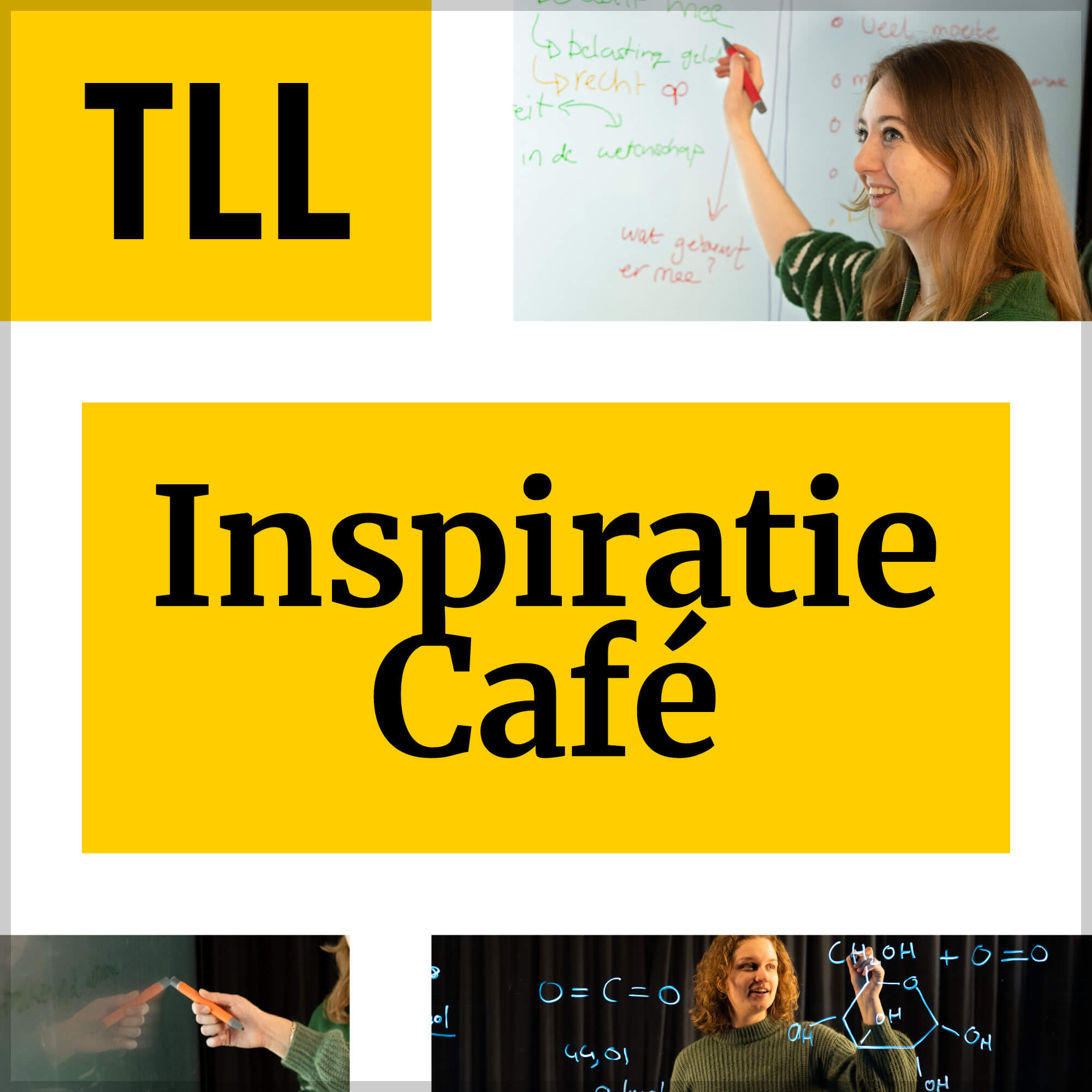News
Looking back: TLL inspiration drink Mixed Classroom
During the TLL inspiration drink online on April 7, 2021, Peter Pelzer, professor of human geography and spatial planning, talked about the Mixed Classroom project. In the Mixed Classroom, students and policymakers work together on projects around the concept of “futuring”: systematically thinking about and imagining the future. This course encourages students and policy makers to learn with and from each other.
The Mixed Classroom is organized by the Urban Futures Studio (UFS) in collaboration with the departments of Human Geography and Spatial Planning and Sustainable Development (Copernicus Institute) of the Faculty of Geosciences. This innovative way of teaching has won the Dutch Higher Education Award 2021, issued by the Ministry of Education, Culture and Science.
It starts with an idea
The Mixed Classroom started with the idea that within academic education we should implement thinking about the future and longer-term thinking. The picture we have of the future is very limited and the future offers major challenges, especially in the field of sustainability. “Isn’t it a bit crazy how we organize learning?” Asks Pelzer. “Students run through the university in four to five years and during that time they mainly focus on the present”. The Mixed Classroom offers students the opportunity to kickstart their thinking process about the challenges of the future.
The Mixed Classroom course
Each year the course deals with a different theme. For example, the topics of mobility, circular economy and rising sea levels have already been discussed. Not only brainstorming sessions take place during the course; students also make products themselves. The course is a creative process; creating, fine-tuning and experimenting are central aspects of the course. “We have to shape the future and we forget the important step of making our imagination into reality by just analytical thinking,” says Pelzer. The course therefore goes beyond a single academic category. It is a combination of education, research and impact, with the aim of starting a process in society.
Experiences of participants
Moreover, the participants of the course are not only students, but also policy makers. Both groups have different backgrounds, knowledge and experiences. Intergenerational exchange ensures that they learn from each other. This means that the younger generation – the students – learns from the older generation – the policymakers – and vice versa. This way, the imagination of students and the practical experiences of policymakers together contribute to their common thought process. The English language, the language of instruction within the course, is occasionally difficult for policy makers. However, this is not perceived as a problem by the participants; the difference in knowledge and experience between students and policymakers is less of a problem because of this. Through this interaction, students learn to apply their theoretical knowledge in practice and policymakers reflect on their own work because of the students’ new insights. Do you also want to involve society in your course? Contact Educate-it.
Do you want to know more?
Author: Robin Bos, master’s student Science Education and Communication at Utrecht University

